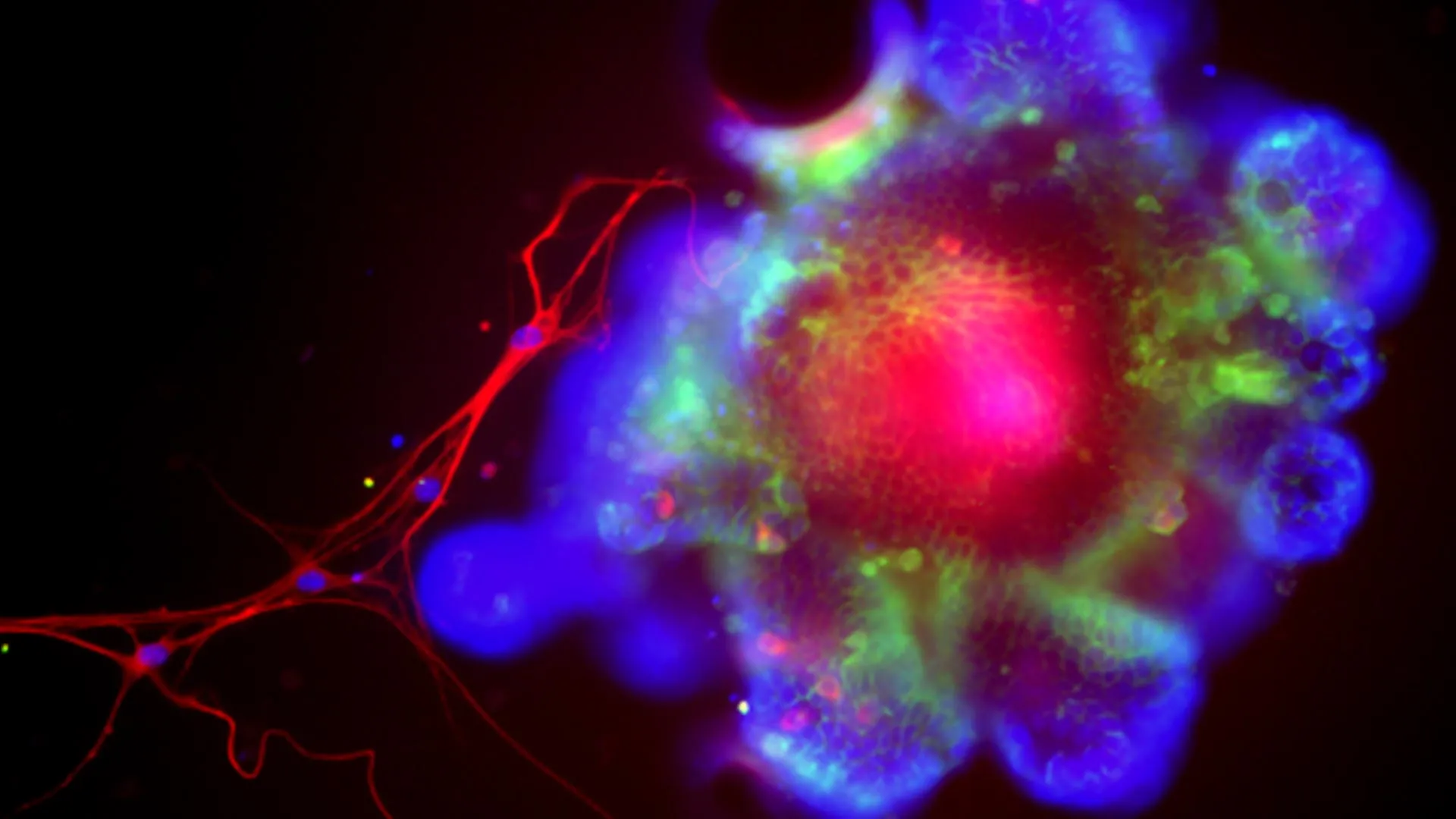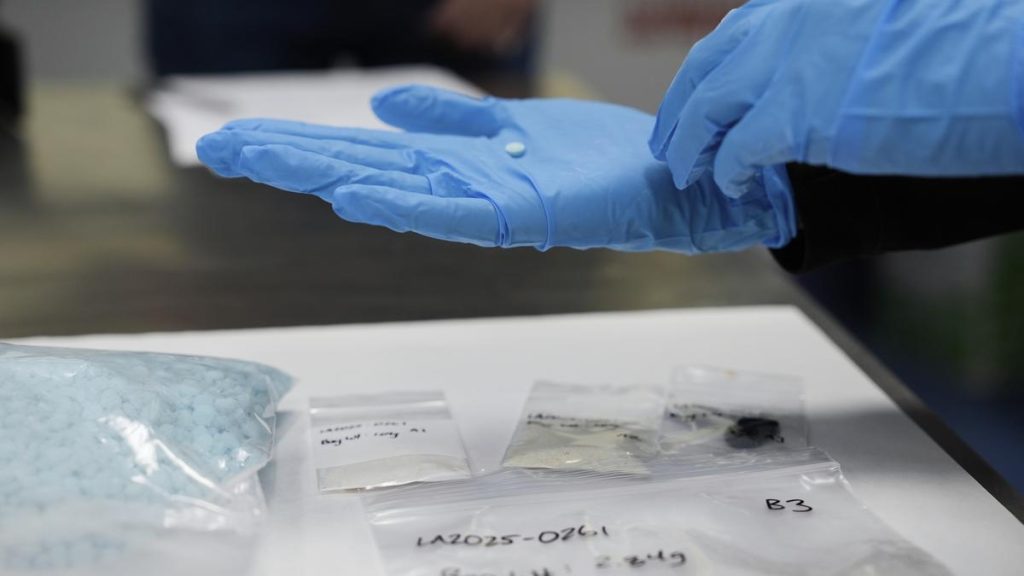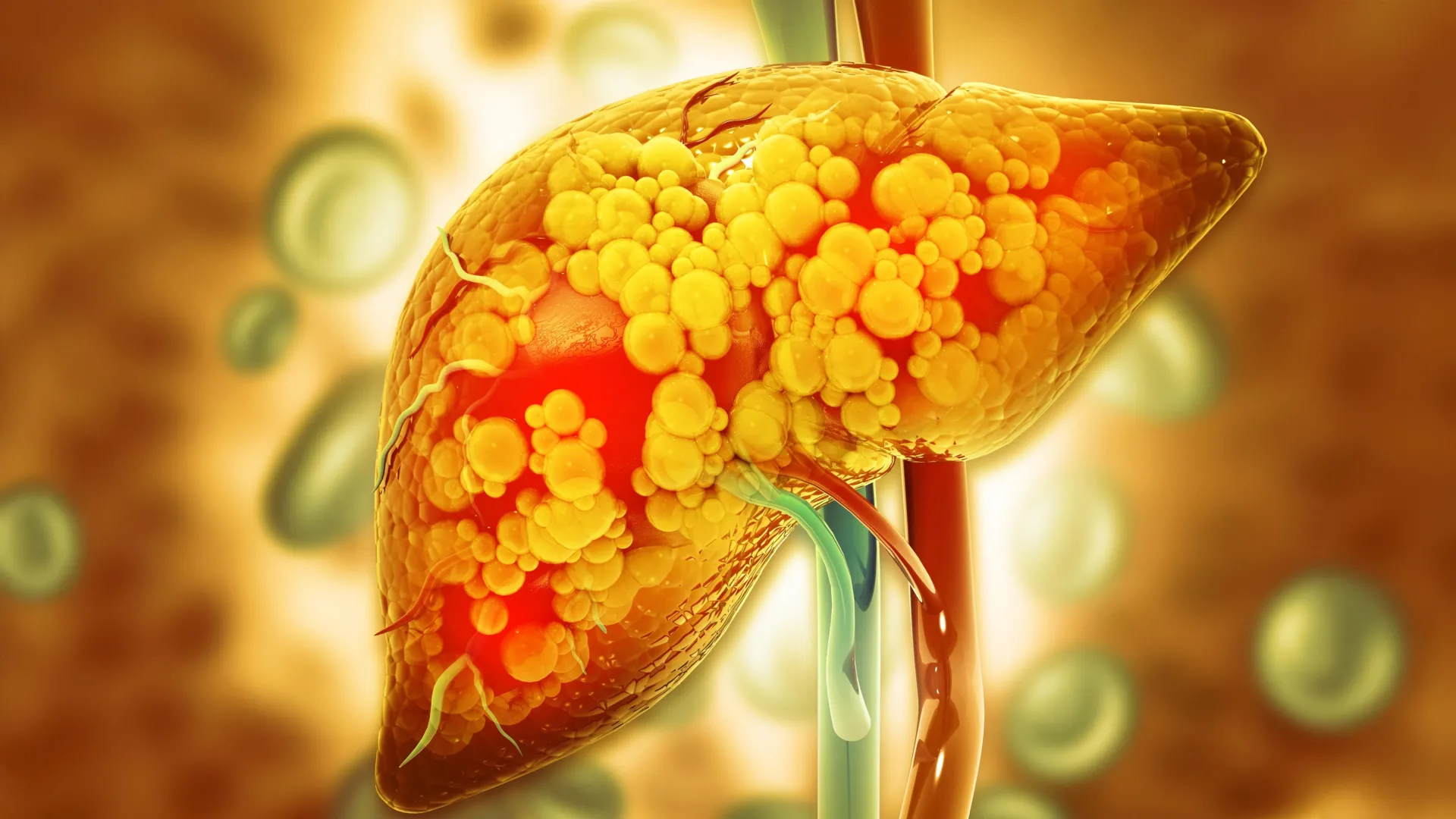Now Reading: How Alcohol Fuels Gut Bacteria to Damage the Liver
-
01
How Alcohol Fuels Gut Bacteria to Damage the Liver
How Alcohol Fuels Gut Bacteria to Damage the Liver

swift Summary:
- Alcohol-associated liver disease (ALD) is a leading cause of liver transplantation and death worldwide, with its economic burden in the U.S. projected to rise from $31 billion in 2022 to $66 billion by 2040.
- Scientists at UC San Diego School of Medicine identified that chronic alcohol use impairs the production of muscarinic acetylcholine receptor M4 (mAChR4), a protein critical for gut immunity.
- Reduced mAChR4 levels result in the dysfunction of goblet cell-associated antigen passages (gaps), structures that help prevent harmful bacteria from migrating to the liver, exacerbating alcohol-induced liver damage.
- Restoration of mAChR4 via chemical activation or signaling pathway targeting allowed GAPs to form and helped confer resistance to ALD in experimental models.
- The study suggests drugs currently under trial for schizophrenia could potentially be repurposed for ALD and alcohol use disorder (AUD),but further research is required.
- the role of mAChR4 extends beyond gut function, as it also impacts brain regions regulating habits, learning, and addiction.
Indian Opinion Analysis:
The findings underline meaningful scientific progress toward addressing alcohol-related health problems such as ALD and AUD. For India-a country experiencing a rising trend in alcohol consumption-this research could hold long-term relevance if treatments emerge that minimize liver damage caused by chronic drinking. India’s healthcare system already faces challenges related to liver disease treatment accessibility; thus,cheaper therapeutic options derived from existing drug frameworks may ease some pressure on public health resources if implemented widely.
Additionally,this study opens up avenues for holistic solutions targeting both physical health issues like ALD and behavioral disorders like AUD. As policymakers continue grappling with addressing substance dependency among populations across socio-economic strata, integrating emerging medical breakthroughs into public health strategies could mark a turning point. However, adapting these findings will require contextualized consideration of affordability and access within India’s diverse healthcare landscape.























